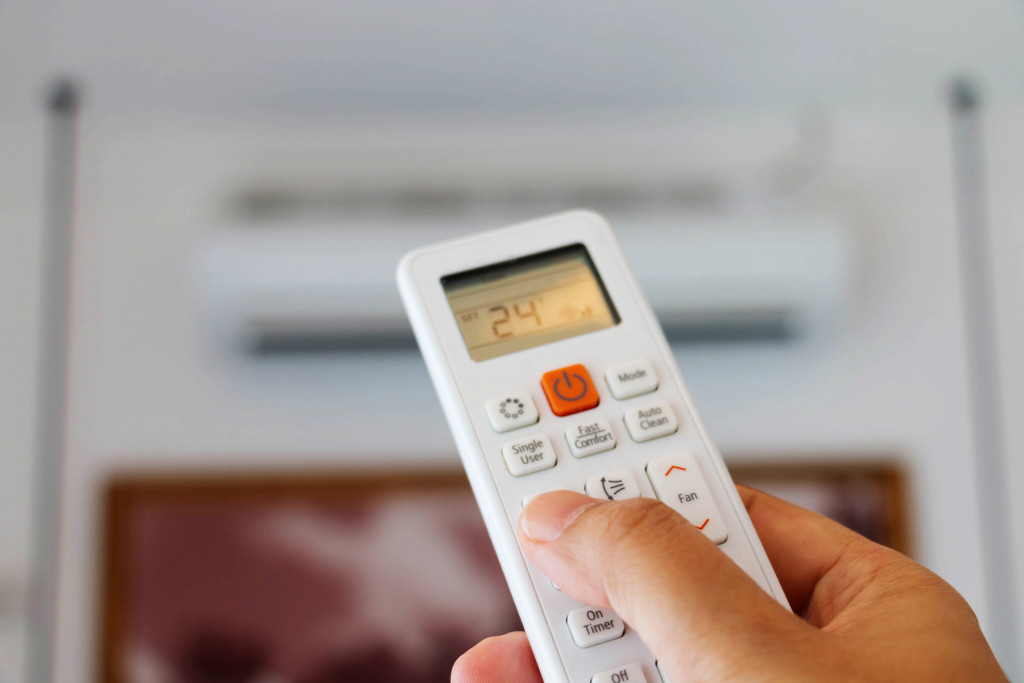The global pandemic has drastically changed how people view and interact with their homes. After spending more than a year indoors due to various government restrictions, you’ve probably had a renewed sense of awakening regarding the relationship between your home and health. Nowadays, most people have shifted their focus to improving their indoor quality at home.
This particular aspect of homes has become increasingly relevant, especially after medical experts concluded that the coronavirus was an airborne disease. Beyond the current health crisis, at least one in four homes in the UK are surrounded by air pollution that exceeds the World Health Organization’s (WHO) safety limits. If left unchecked, this could pose a serious impact on your health.
Breathe in, Breathe Out
To significantly improve your home’s indoor air quality, you first have to become familiar with the terms particulate matter (PM) and High-efficiency Particulate Air (HEPA) filter. PM refers to liquid droplets and microscopic solids that are found in the air. On the other hand, a genuine HEPA filter primarily aims to remove 99.97 percent of all microscopic particles in the air that are at least 0.3 microns small.
With that being said, particulate matter — whether harmful viruses or pollutants — generally filter into your home through your heating, ventilation, and air conditioning (HVAC) system. This has made the demand for better domestic air conditioning installation and sophisticated air purification technologies more relevant.
All this might appear alarming, especially within the current context, and understandably so. However, rest assured that you can take far simpler measures to supplement all of these solutions. Learn about some everyday things you can do to improve your indoor air quality at home.
Keep It Open
Perhaps the easiest way to guarantee that your indoor air is relatively better is by regularly opening your windows, doors, and other openings around the house. This will drastically increase the ventilation throughout your home, removing a significant amount of pollutants and harmful viruses.
However, you also have to consider the environment around your home, and the time of day you plan on doing this. If you live near a road with many road traffic, do not ventilate during peak hours. This will only prove to be counterintuitive. It’s also best to keep your windows closed in the morning when airborne substances like pollen are prevalent if you have allergies like hay fever.

A Quick Clean
Regularly cleaning your home should also prove to be a great way of improving your home’s air quality. Among these usual chores, vacuuming serves to be the most effective at removing particulate matter around your household. Make sure you have good-quality equipment as well.
This is all the more important if your house is filled with surfaces for particles to adhere to. Carpets, for instance, can accumulate lots of allergens because of how difficult they are to maintain. Regularly deep cleaning is advised if you have carpets at home. Pet fur, especially from animals that shed constantly, is also prone to gathering many allergens and pollutants.
Fight the Mould
Awareness of your home’s humidity level is also a key area to be on the lookout for. High levels of humidity can serve as the perfect opportunity for mould and fungi to multiply. If this goes unaddressed, it can lead to certain respiratory illnesses like asthma. Leaving areas damp can lead to an increase in humidity levels.
One of the most common cases is when you try to leave your laundry to dry indoors. Avoid doing this as much as possible, and invest in a dryer or dry your clothes in an outdoor area. If none of these options are available, consider opening a window near where the damp clothes allow the water vapour to escape. Getting a dehumidifier is also a viable solution.
The Door to Healthier Homes
The past year has definitely provided everybody with a new awareness of how their homes directly affect their overall health. More than anything, prioritizing at-home health wherever possible has become a crucial part of everyone’s reality. While this concern was mainly heightened by the global pandemic, it’s sure to remain long after the crisis has come to pass.
Try to do everything that you can to make sure your home is as beneficial to your health as it can be. More so now, after you’ve spent so much time staying indoors. However, it’s also important to note that improving your indoor air quality is just the necessary first step towards safeguarding your health at home. Find more ways to elevate your daily living, no matter how small it may be.







